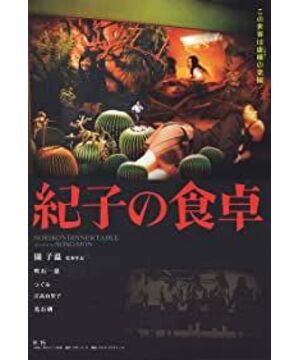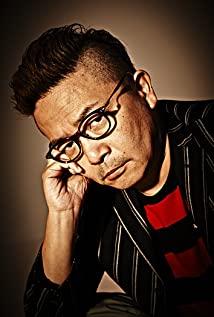When Socrates, he already proposed to know yourself. But what is this self like? Knowing ourselves, how do we face it?
Sonoko's films always ask a question in a very extreme situation, and then give us an answer. In Kiko's Dining Table, he asks the question: Who am I?
Who is Noriko? Who is Photon? Who is Kumiko? Who is Yuka?
When that locker was opened, we knew that our memory turned out to be just so false and so fragile. When a stranger wants you to be his family, you find your memory is so ordinary, so disgusting.
When the gap between who we want to be and who we really are is desperate, what do we choose?
who am I? As far as human identity is concerned, my identity lies in my reason, or in our memory. These problems are all indifferent, and the real problem is the meaning itself. I am not really anything but just a meaning. I am what I mean to others and what I mean to myself. In different eyes, I have a different meaning, and I am also a different me. I have no identity at all.
I am meaning.
Heidegger said that a person's death is the meaning of a person's existence. That's it, Noriko, Kumiko finally gave up on herself, gave up "I" and became meaning. The confused Yuka could only continue to search.
I want to be a person, a person different from who I am now. If there is such a chance, you can become another person to live and then die. It's beautiful, it's really meaningful.
Noriko and Kumiko, for them, did not choose to become Tetsuzo's family because they were tired. It is the power of this warm love that comes back home that eventually becomes the glue.
View more about Noriko's Dinner Table reviews









